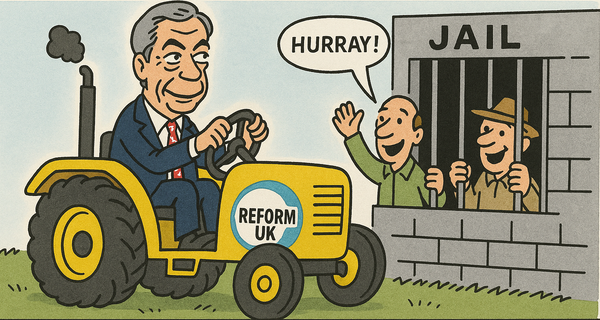Martha Lane-Fox and Michael Bracken: making the UK government digital
Martha Lane Fox has had her life changed twice by technology: once through launching lastminute.com, and again through recovering from a serious car crash.
8m adults have never gone online. They are predominantly older and from lower socio-economic backgrounds. It’s not acceptable as citizens that we pay for sub-standard digital services.
 Michael Bracken, on the other hand, is changing the technology of the whole country:
Michael Bracken, on the other hand, is changing the technology of the whole country:
We use emergent technology, we fail fast. We’re profound;ly changing bow we work and how we use technology within the government. And we’re driven by user need. And we’re doing id faster, better cheaper. We’re behaving as if we didn’t have a monopoly – that’s the problem with government projects sometimes. For example – the statutory maternity pay site gives you your information with just three questions.
MLF:
The government is pushing hard on this. They’re working on procurement, trying to push it towards smaller companies. Other countries are doing well: Estonia, for example. The president there thinks that you can bring millions more online by giving them better government services digitally.
**MB: **
Many of the countries that have got it right are small. The challenge is getting companies like the ones here into the supply chain. IN the past a large amount of our technology was held by a very small number of very large companies. This way of working is incredibly cost-efficient – we’ve saved at least £0.5bn, but that’s just a side effect. Most transactions cost around £12 face to face. That drops to 35p online.
MLF:
Government is only one factor: there’s also charity and business. Go On UK – an effort to get those sectors involved in the process. But there’s at least 8m still to get on line. The charity’s only six weeks old – but they know that getting people to understand the benefits of going online is critical. They’ve created a cheap PC – £95 for people on benefits – that does the job of getting people online adequately. It’s a tiny pilot right now, but they’re hoping to push our products through their network of partners.
MB:
Technology is predominantly open source – the engineers were left to select the technology, and they share most of it on Github. The whole platform is Open Source. So they’re welcoming a community of developers to improve the technology.






